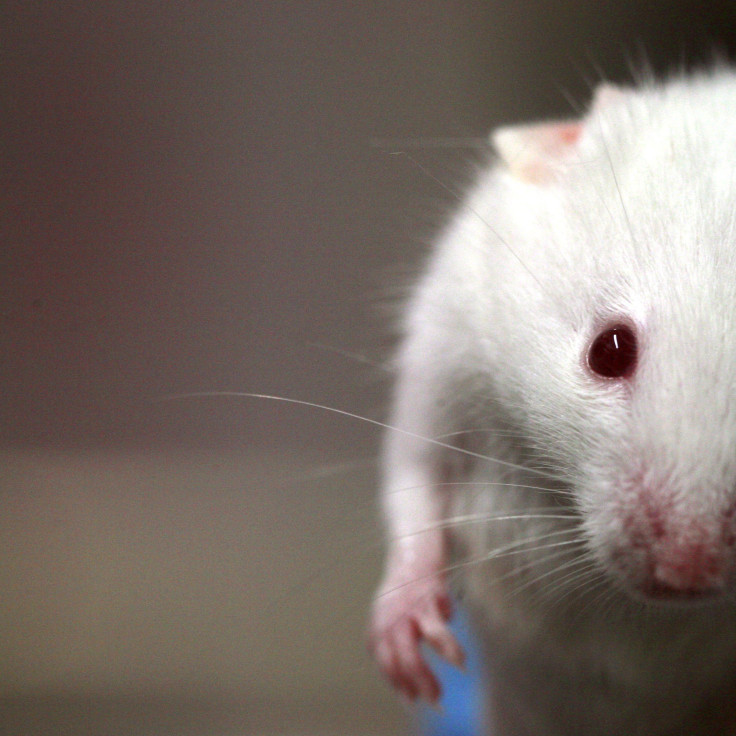Chemical Improves Memory in Mice, May Set Stage For A Human Drug

Scientists have identified a chemical that was able to improve the memory in mice injected with it by acting on biochemical pathways involving cell stress, a new study found. Researchers believe it will one day be able to do the same in humans.
The drug-like chemical, called ISRIB - short for integrated stress response inhibitor - was found among 100,000 other chemicals at the Small Molecule Discovery Center at the University of California San Francisco. Originally interested in cells' response to biological stress, they were looking at these chemicals because of their potential to influence biochemical pathways that are activated when cells aren't able to transform proteins into their functional forms, according to a press release. This is called an unfolded protein response.
Researchers found that ISRIB acted further than the unfolded protein response and impacted what's known as the integrated stress response, where many biochemical pathways come together in a protein called eIF2. Cells stressed as a result of DNA-damaging UV light, a shortage of amino acid building blocks needed to make protein, viruses, or iron deficiency, and more, can shut down eIF2, and subsequently stop production of memory forming proteins.
The study's lead author, and UCSF professor of biochemistry and biophysics, Peter Walter, said ISRIB could be a starting point for human drug development because of how well it worked for the mice.
"ISRIB shows good pharmacokinetic properties [how a drug is absorbed, distributed and eliminated], readily crosses the blood-brain barrier, and exhibits no overt toxicity in mice, which makes it very useful for studies in mice," Walter said in the release.
To test this chemical, researchers injected mice, and then conducted memory tests. In one test, the mice had to relocate a submerged platform. They were able to do so three times faster than mice that received mock injections. The second test found that mice that had the chemical picked up on fear conditioning faster, since they were able to remember what scared them the first time and pick up on cues before anything happened.
"It appears that the process of evolution has not optimized memory consolidation; otherwise I don't think we could have improved upon it the way we did in our study with normal, healthy mice," Walter said.
He also said "the inactivation of eIF2 is a brake on memory consolidation," adding that it could have been an evolutionary result of a cell or organism adapting in other ways.
The chemical ISRIB may also be useful in fighting cancers, Walter said, because they take advantage of stress responses to grow. He is already taking steps to learn how to use unfolded protein responses to stop the growth of tumors.
Source:
Walter P, Sidrauski C, Acosta-Alvear D, et al. Pharmacological brake-release of mRNA translation enhances cognitive memory. eLife. 2013



























